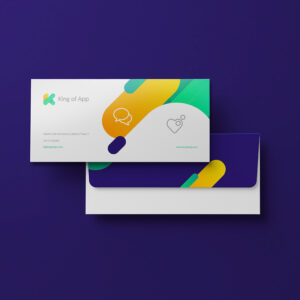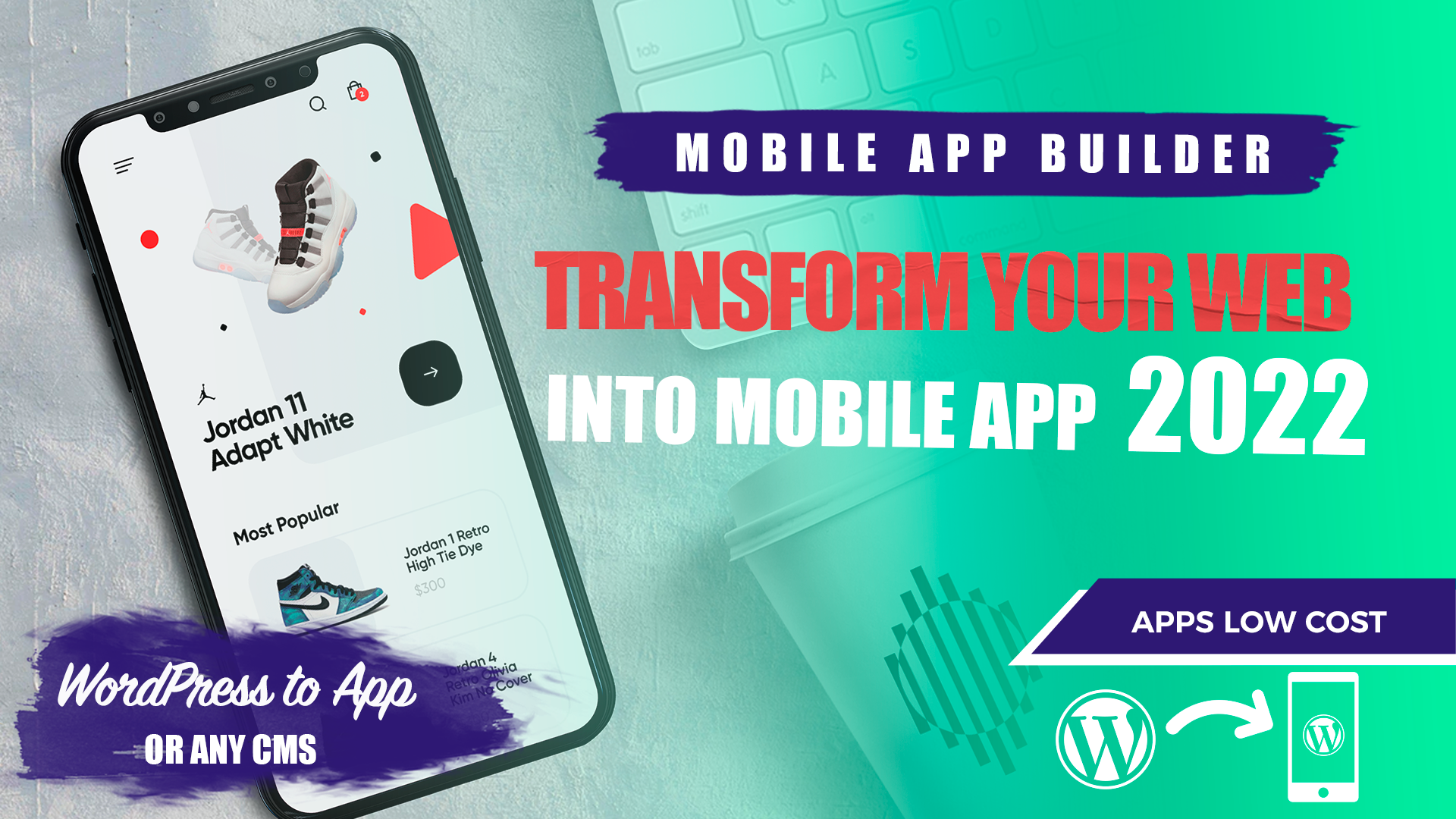The mobile world is increasingly more mainstream than ever, and businesses from all industries rely more and more to surprise their profits by meeting the demand of customers. The future of mobile application development for the coming years promises to continue to lead to new and innovative technologies and tools, along with the growth of traditional technology and approaches. But now, let’s look at the trends in mobile applications more top for the coming years:
Trends in mobile applications
Artificial intelligence
IA will mark both, the development of trends in mobile applications and the “boom” of their capabilities. Through the use of advanced analysis techniques, cognitive interfaces within complex systems, machine learning techniques, AI will provide users with powerful ideas never seen before. Due to these advances, the big players like Google, IBM, eBay, Facebook have started to research and acquire some expert startups in Artificial Intelligence.
Augmented Reality and Virtual Reality
They have revolutionized the world of video games and the entertainment industry. RV devices such as Samsung Gear VR, Google Cardboard and Oculus Rift are gaining popularity. And you play as Pokemon Go, iOnRoad, Sky Siege and myNav are brilliant examples of RA. Dominating the App Store, these mobile games prove that AR technology has a great potential to influence consumers by attracting them in a certain way.
Internet of things
This year it has become known that smart homes are more interactive. Nest and ecobee are two companies that have “trail-blazed” technology. For developers, the integrations involve a complex mobile platform and a backend infrastructure that can communicate and share information among all the tools for a unified experience.
The analysis of information is also key here, since all the information stored and shared needs to be easily and efficiently accessed. The Internet of Things is shaping future mobile application trends since almost every IoT solution needs a dedicated application so that users can manage smart tools.
Although building IoT software is not very different from what the developers have been doing for years, most of the solutions for the Internet of things are of course innovative and sometimes require integration with third parties or a set of services and devices.
Mobile application security
The security of a smartphone has become more crucial than ever due to the amount of personal information it stores. Applications with integrated security features can make a big difference in the Apps market. Apple’s iOS encoding is now moving from Objective-C to Apple’s proprietary programming language, Swift. More developers will adapt the use of this platform, providing better UX and security features.
Apps in the cloud
Another type of interesting apps will be applications with technology in the cloud. This year, clouding will be present as a development strategy. These apps have many advantages, but we want to highlight three of them:
- The reduction of accommodation and equipment costs.
- Improve the storage capacity of applications.
- Greater collaboration and productivity.
These types of applications are useful because they are easy to use and because they do not use the phone’s internal memory. This is what happens in the case of Dropbox and Google Drive. These are some of the interesting apps that will grow from 2018, because of the amount of data we produce and need to store.
The most trending mobile application development languages
Nowadays, there are several programming languages used in the trends in mobile applications, such as: Java, C ++, C #, JavaScript, Swift, Objective C, etc., but we select those that will be more in trend:
1. Swift
Apple wanted to simplify the learning curve and workflow for developers, and launched its own programming language for iOS and OS X called Swift. Most mobile app developers say that Swift is much easier than Objective-C.
In addition, Swift eliminates the possibility of security flaws that tend to grow with Objective-C. And being a new programming language with a great attention around, Swift is one of the languages with more value to learn and be an “in demand” developer
2. Kotlin
On May 17, 2017, Google announced that it would adopt Kotlin as a high level language for the development of Android. This language is open source and is based on Virtual Java Machine and can also compile JavaScript code. Basically, Kotlin made software developers enter a New Era in the development of Apps for Android.
Also, something good is that you can coexist with your Java Bigger in the same projects. Actually, once the software developers compile their project using both languages, it will be difficult for anyone to say what section was made by Kotlin and what was Java. Kotlin lets software developers use their features and facilitate operations without changing to a new project or changing the codes for the current project.
3. Java
Java is one of the most widespread programming languages in the world with a calculation of 9 million software developers. It is easy to learn, to read, reduces the number of errors and gives clear explanations and suggestions. This object-oriented language gained popularity due to its versatility. To build a common code can be executed on different platforms. Java is a great choice.



















